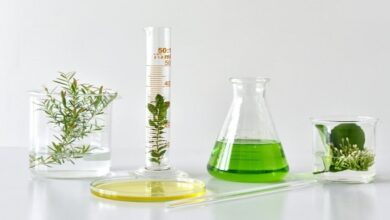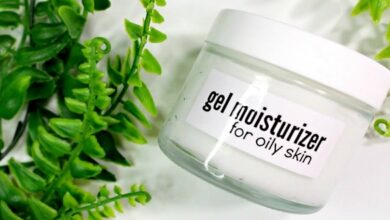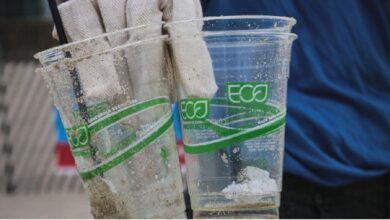Are You Confused by Organic Labels?

How many times have you purchased an “organic” shampoo only to discover the same old sodium Laureth sulfate, triethanolamine, and parabens among its ingredients? This happens because organic labeling in the United States is pretty much in disarray. Current labeling techniques used by most popular organic personal care products allow placing virtually any claim on the label.
To help define what’s truly green when it comes to cosmetic products, the U.S. Organic Consumers Association (OCA) conducted an expansive consumer survey in 2007. The survey was taken by more than 5,500 consumers who regularly purchase organic products. In fact, they said that most or “a good portion” of their personal care products contained organic ingredients.
You may think that such green connoisseurs would know their stuff. Not true! Nearly half of the survey respondents incorrectly believed that a product labeled as made with organic ingredients meant that all or nearly all of the ingredients were organic. In reality, there are no federal regulations requiring personal care products labeled as made with organic ingredients” to contain any particular level of organic ingredients, and most personal care products using this label are made up of 70 percent or less organic ingredients.
Green or Greenwashed?
Organic is a hot word in the cosmetic business. Manufacturers constantly look for possibilities of legally placing the word organic on the label in any way they can. How about “Totally Organic Experience,” a famous slogan of Herbal Essences body and hair products, which contain nonorganic fruit juices and herbal extracts heavily diluted with sodium lauryl and laureth sulfates, cocamideMEA, synthetic fragrances, and coal tar derived dyes?
Using a drop of organic essential oil to justify the word organic on the label is the most common greenwashing technique in the cosmetic industry. Beauty greenwashers usually spend money on promoting themselves as environmentally friendly or green rather than spending resources on formulating toxin-free, environmentally sound products.
To jump on the green bandwagon, beauty greenwashers usually change the name or label of a product to give the feeling of nature, for example, by putting an image of a green meadow on a bottle of harmful chemicals or babies playing on a green lawn on a packet of PEG-loaded baby wipes.
Greenwashing ruins the whole green living idea. Environmentally concerned consumers are tricked into buying products they think are good for them and safe for the planet. Green newbies instantly lose trust in organic beauty since it seems to offer no differences. By spending money on greenwashed shampoos or baby products, consumers unwittingly support clever marketers who are hiding behind smart packaging design.
When greenwashing is exposed, the whole organic beauty industry suffers a blow. Why should we believe all those important-looking logos and seals if they mean so little? I can’t help but question whether my favorite organic products are that pure and natural, considering the newest reports about carcinogens found in “green” bestsellers.
Read More: Naasongs




